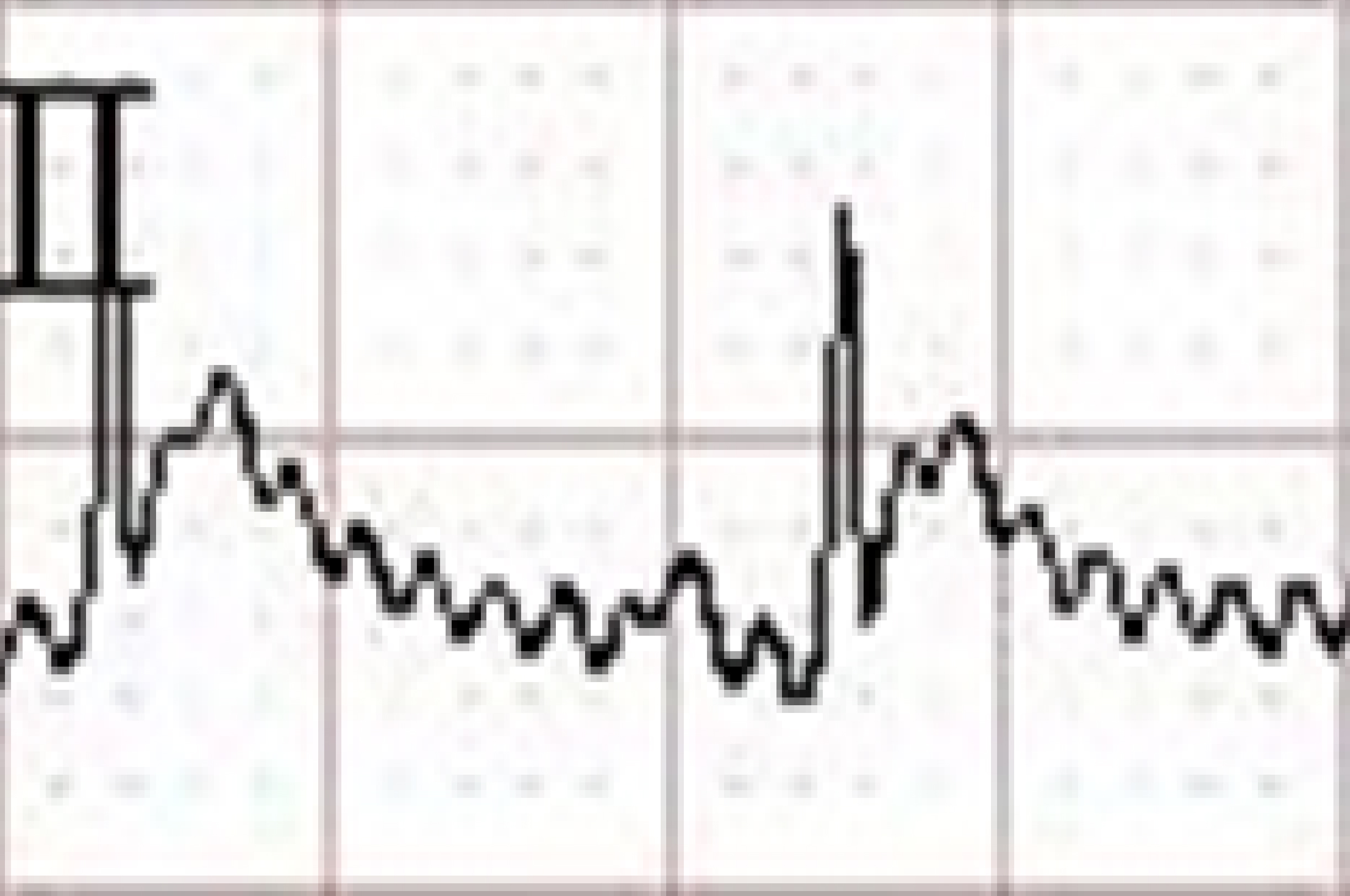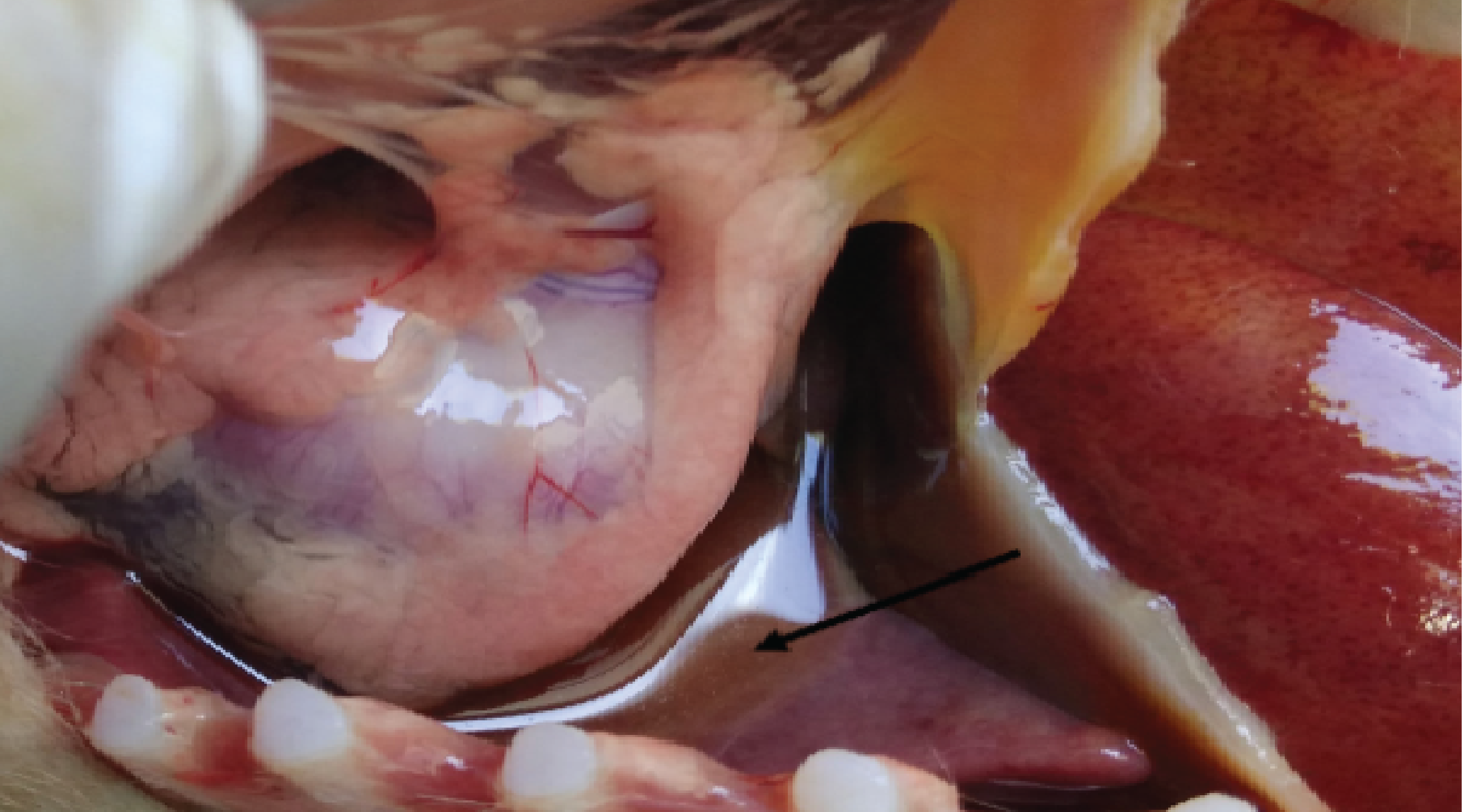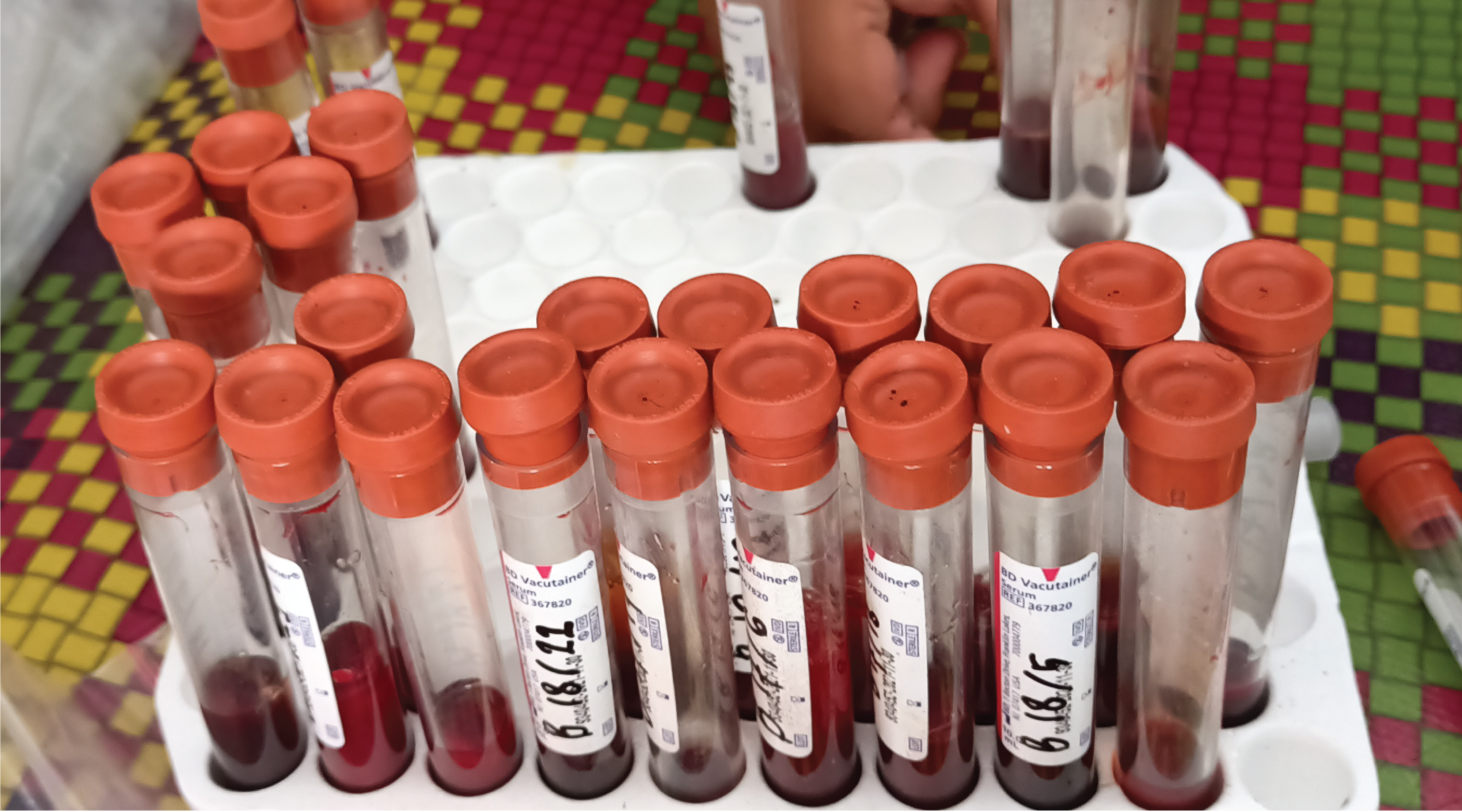Modulatory Effects of Lawsonia inermis, Waltheria indica, Moringa oleifera and Nigella sativa on Haematology, Blood Pressure and Electrocardiographic Parameters of Wistar Rat Exposed to Acute Pain

Downloads
Background: Pain is an obnoxious stimulus usually triggered by stressors that can affect homeostasis. The inability to sense pain is usually connected to abnormal fluctuations in normal body functions, leading to shortened life expectancy. Purpose: This study aimed to assess the effects of Lawsonia inermis, Waltheria indica, Moringa oleifera and Nigella sativa on hematology, electrocardiography, and blood pressure in Wistar rats experimentally exposed to acute pain. Methods:21 Adult female rats were divided into (1-7) of three rats each. Group 1 (negative control), group 2 (positive control), group 3 (Lawsonia inermis at 200 mg/kg), group 4 (Waltheria indica at 200 mg/kg), group 5 (Nigella sativa at 200 mg/kg), group 6 (Moringa oleifera at 200 mg/kg), and group 7 (Diclofenac at 10 mg/kg). Rats were dosed for 14 days, after which pain was induced. Result: The extracts showed non-significant increases in most hematological parameters, including PCV, RBC, and WBC counts, compared to positive controls. The effects of the extracts on the electrocardiographic parameters were not significant. Although the extract relieved pain, the effect of acetic acid on the heart was not completely ameliorated. The results of this study showed high blood pressure in untreated rats, which could be linked to pain induction. M. oleifera and W. indica exhibited minimal blood pressure-lowering effects. W. indica. and L. inermis showed transient blood pressure-lowering effects. Conclusion: This study concluded that the extract had a modulatory effect on hematology and a lowering effect on blood pressure and electrocardiac parameters in all treatments.
Abdelgadir, E.H., Ahmed, R.H., Adam, S.I.Y., and Husein, A.M., 2010. Evaluation of Toxicological Activity (Acute and Sub-Chronic Toxicities) of The Aqueous Extract of Lawsonia Inermis Seeds on Wistar Rats. Journal of Pharmacology and Toxicology, 5 (7), 324–333.
Aekthammarat, D., Pannangpetch, P., and Tangsucharit, P., 2019. Moringa Oleifera Leaf Extract Lowers High Blood Pressure by Alleviating Vascular Dysfunction and Decreasing Oxidative Stress in L-NAME Hypertensive Rats. Phytomedicine, 54, 9–16.
Aiyelero, O.M., Ibrahim, Z.G., and Yaro, A.H., 2009. Analgesic and Anti-Inflammatory Properties of The Methanol Leaf Extract of Ficusingens (Moraceae) in Rodents. Nigeria Journal of Pharmaceutical Science, 8 (2009), 79–86.
Ajugwo, A.O., Mounbegna, P.E., Kemajou, T.S., and Ofokansi, V.C., 2017. Effects of Moringa oleifera Leaves Extract on Haematological Parameters of Phenylhydrazine Anaemia Induced Wistar Rats. International Journal of Public Health and Safety, 2 (4), 2–3.
Aremu, A., Oridupa, O.A., Akorede, G.J., Olatumji, A.O., Basiru, A., Ahmed, A.O., and Raufu, I.A., 2022. Safety Evaluation of Lawsonia inermis on Physiological, Andrological and Haematological Parameters of Male Wistar Rats. Journal of Basic Medical Veterinary, 11 (2), 75–89.
Azeez, O.M., Adah, S.A., Olaifa, F.H., Basiru, A., and Abdulbaki, R., 2017. The Ameliorative Effects of Moringa oleifera Leaf Extract on Cardiovascular Functions and Osmotic Fragility of Wistar Rats Exposed to Petrol Vapour. Sokoto Journal of Veterinary Sciences, 15 (2), 36-42
Bao, R., Tan, B., Liang, S., Zhang, N., Wang, W., and Liu, W., 2017. A Ï€-Ï€ Conjugation-Containing Soft and Conductive Injectable Polymer Hydrogel Highly Efficiently Rebuilds Cardiac Function After Myocardial Infarction. Biomaterials, 122, 63–71.
Basiru, A. and Olayemi, F.O., 2014. Effects of Aqueous Leaves Extract of Waltheria Indica Linn on Reproductive Indices of Male Albino Rats. African Journal of Biotechnology, 13 (32), 3307–3312.
Biobaku, K.T., Azeez, O.M., Amid, S.A., Asogwa, T.N., Abdullahi, A.A., Raji, O.L., and Abdulhamid, J.A., 2021. Thirty Days Oral Aframomum melegueta Extract Elicited Analgesic Effect but influenced Cytochrome p4501BI, Cardiac Troponin T, Testicular alfa-fetoprotein and Other Biomarkers in Rats. Journal of Ethnopharmacology, 267, 113493.
Dayoub, E.J. and Jena, A.B., 2015. Does Pain Lead to Tachycardia? Revisiting the Association Between Self-reported Pain and Heart Rate in A National Sample of Urgent Emergency Department Visits. Mayo Clinic Proceedings, 90 (8), 1165–1166.
Fadeifard, F., Raissy, M., Jafarian, M., Boroujeni, H.R., Rahimi, M., and Faghani, M., 2018. Effects of Black Seed (Nigella sativa), Ginger (Zingiber officinale) and Cone Flower (Echinacea angustifolia) on The Immune System of Rainbow Trout, Oncorhynchus Mykiss. Arquivo Brasileiro de Medicina Veterinária e Zootecnia, 70 (1), 199–204.
Günaydın, O. and Günaydın, E.B., 2022. Evaluation of Hematological Parameters Related to Systemic Inflammation in Acute and Subacute/Chronic Low Back Pain. Biomarkers in Medicine, 16 (1), 31–40.
Hilgard, E.R., Morgan, A.H., Lange, A.F., Lenox, J.R., Macdonald, H., Marshall, G.D., and Sachs, L.B., 1974. Heart Rate Changes in Pain and Hypnosis. Psychophysiology, 11 (6), 692–702.
Kalishwaralal, K., Jeyabharathi, S., Sundar, K., Selvamani, S., Prasanna, M., and Muthukumaran, A., 2018. A Novel Biocompatible Chitosan–Selenium Nanoparticles (SeNPs) Film with Electrical Conductivity for Cardiac Tissue Engineering Application. Materials Science and Engineering: C, 92, 151–160.
Kang-Hua Chen, Yi-Jui Chen, Chao-Hsun Yang, Kuo-Wei Liu, Junn-Liang Chang, Shwu-Fen Pan, Tzer-Bin Lin, and Mei-Jung Chen, 2012. Attenuation of The Extract from Moringa oleifera on Monocrotaline-Induced Pulmonary Hypertension in Rats. The Chinese Journal of Physiology, 55 (1), 22-30
Kökdil, G., Tamer, L., Ercan, B., Çelik, M., and Atik, U., 2006. Effects of Nigella orientalis and N. segetalis Fixed Oils on Blood Biochemistry in Rats. Phytotherapy Research, 20 (1), 71–75.
Liang, J., Lian, L., Wang, X., and Li, L., 2021. Thymoquinone, Extract from Nigella sativa Seeds, Protects Human Skin Keratinocytes aAgainst UVA-Irradiated Oxidative Stress, Inflammation and Mitochondrial Dysfunction. Molecular Immunology, 135, 21–27.
Maideen, N.M.P., 2020. Prophetic Medicine Nigella sativa (Black Cumin Seeds)–Potential Herb for COVID-19? Journal of Pharmacopuncture, 23 (2), 62–70.
Majdalawieh, A.F. and Fayyad, M.W., 2015. Immunomodulatory and Anti-Inflammatory Action of Nigella sativa and Thymoquinone: A Comprehensive Review. International Immunopharmacology, 28 (1), 295–304.
Mounika, A., Ilangovan, B., Mandal, S., Shraddha Yashwant, W., Priya Gali, S., and Shanmugam, A., 2022. Prospects of Ultrasonically Extracted Food Bioactives in The Field of Non-Invasive Biomedical Applications – A Review. Ultrasonics Sonochemistry, 89, 106121.
Mozos, I., 2015. Mechanisms Linking Red Blood Cell Disorders and Cardiovascular Diseases. BioMed Research International, 2015, 1–12.
Oladijin, A. T. and Yakubu, M. T., 2005. Evaluation of Haernatinic Potential of Aqueous Extract of YYfiltheria indicfl.(L)Root on Rats Reared on Iron Sufficient and Iron Deficient Feeds. Nigeria Journal of Biochemistry and Molecular Biology, 10 (2), 1115–1122.
Orsolini, L., Latini, R., Pompili, M., Serafini, G., Volpe, U., Vellante, F., Fornaro, M., Valchera, A., Tomasetti, C., Fraticelli, S., Alessandrini, M., La Rovere, R., Trotta, S., Martinotti, G., Di Giannantonio, M., and De Berardis, D., 2020. Understanding The Complex of Suicide in Depression: from Research to Clinics. Psychiatry Investigation, 17 (3), 207–221.
Premont, R.T., Reynolds, J.D., Zhang, R., and Stamler, J.S., 2020. Role of Nitric Oxide Carried by Hemoglobin in Cardiovascular Physiology: Developments on A Three-Gas Respiratory Cycle. Circulation Research, 126 (1), 129–158.
Randriamboavonjy, J.I., Loirand, G., Vaillant, N., Lauzier, B., Derbré, S., Michalet, S., Pacaud, P., and Tesse, A., 2016. Cardiac Protective Effects of Moringa oleifera Seeds in Spontaneous Hypertensive Rats. American Journal of Hypertension, 29 (7), 873–881.
Rashidmayvan, M., Vandyousefi, S., Barati, M., Salamat, S., Ghodrat, S., Khorasanchi, M., Jahan-Mihan, A., Nattagh-Eshtivani, E., and Mohammadshahi, M., 2022. The Effect of Nigella sativa Supplementation on Cardiometabolic Outcomes in Patients with Non-Alcoholic Fatty Liver: A Randomized Double-Blind, Placebo-Controlled Trial. Complementary Therapies in Clinical Practice, 48, 101598.
Rathmel, J.P. and Fields, H.L., 2012. Pain Pathophysiology and Management. In Harrison's Principle of Internal Medicine. New York, NY: McGraw-Hill, 93–101.
Saccò, M., Meschi, M., Regolisti, G., Detrenis, S., Bianchi, L., Bertorelli, M., Pioli, S., Magnano, A., Spagnoli, F., Giuri, P.G., Fiaccadori, E., and Caiazza, A., 2013. The Relationship Between Blood Pressure and Pain. The Journal of Clinical Hypertension, 15 (8), 600–605.
Silvani, A., Calandra-Buonaura, G., Dampney, R.A.L., and Cortelli, P., 2016. Brain–Heart Interactions: Physiology and Clinical Implications. Philosophical Transactions of the Royal Society A: Mathematical, Physical and Engineering Sciences, 374 (2067), 20150181.
Swift, A., 2018. Understanding The Effect of Pain and How The Human Body Responds. In Nursing Times, 114 (03), 22–26.
Verma, T., Sinha, M., Bansal, N., Yadav, S.R., Shah, K., and Chauhan, N.S., 2021. Plants Used As Antihypertensive. Natural Products and Bioprospecting, 11 (2), 155–184.
Yao, W.-C., Chen, H.-J., Leong, K.-H., Chang, K.-L., Wang, Y.-T.T., Wu, L.-C., Tung, P.-Y., Kuo, C.-F., Lin, C.-C., and Tsai, S.-Y., 2021. The Risk of Fibromyalgia in Patients with Iron Deficiency Anemia: A Nationwide Population-Based Cohort Study. Scientific Reports, 11 (1), 10496.1-8
Copyright (c) 2023 Author(s)

This work is licensed under a Creative Commons Attribution-ShareAlike 4.0 International License.
- The journal allows the author to hold the copyright of the article without restrictions.
- The journal allows the author(s) to retain publishing rights without restrictions.
- The legal formal aspect of journal publication accessibility refers to Creative Commons Attribution Share-Alike (CC BY-SA).

Journal of Applied Veterinary Science and Technology is licensed under a Creative Commons Attribution-ShareAlike 4.0 International License





























